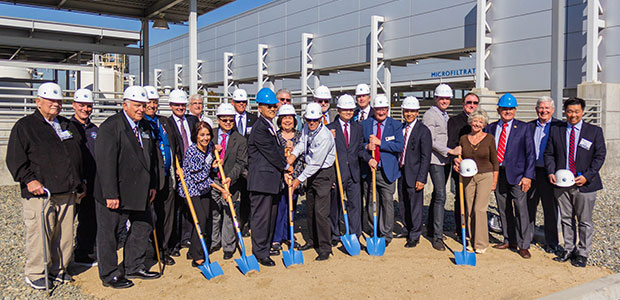
The final expansion of the Groundwater Replenishment System was celebrated in Orange County yesterday. The project poses high hopes for the future of California’s water systems.
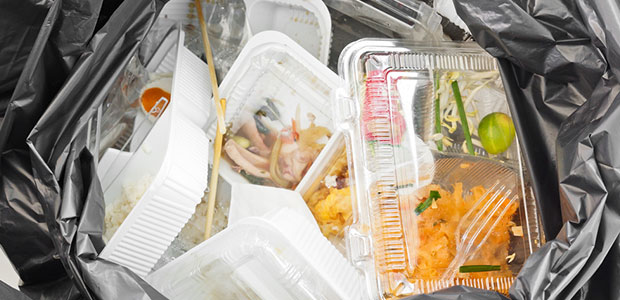
As of Oct. 30, the Winning on Reducing Food Waste Initiative launched by three federal agencies is making major strides in the food industry to address the widespread issue of wasted food products. Here’s what it’s all about.
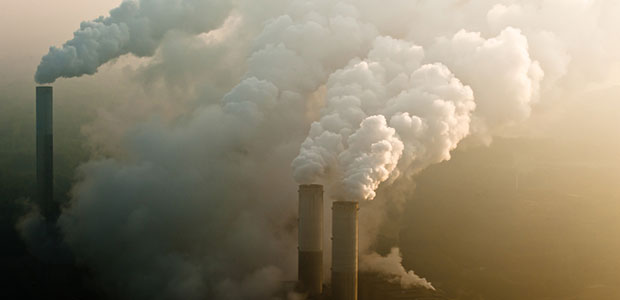
The Trump Administration is expected to roll back regulations on toxins released from coal plants. The change will specifically address the leaching of heavy metals like arsenic, lead, and mercury into water supplies.
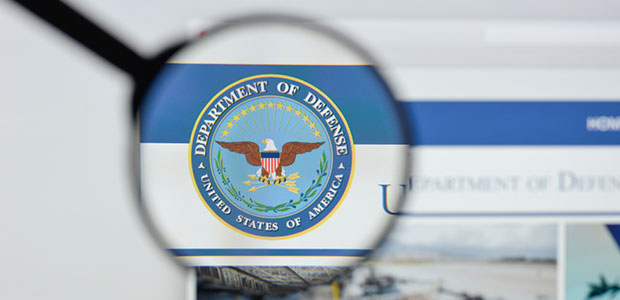
The Department of Defense prioritizes safety of course, but it’s also focusing its efforts on environmental security and innovation.

When we talk about the many benefits of sustainability, we often overlook something: innovation.

Now, that hard-to-recycle baby food packaging from Gerber can be put to good use. Through TerraCycle’s mail-in system, consumers can give new life to baby food packaging.
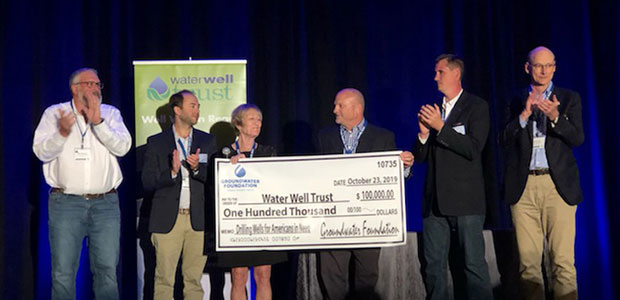
On October 24, the Groundwater Foundation presented the Water Well Trust with a donation of $100,000. The donation is part of an effort to provide low-income families in the U.S. with clean water.
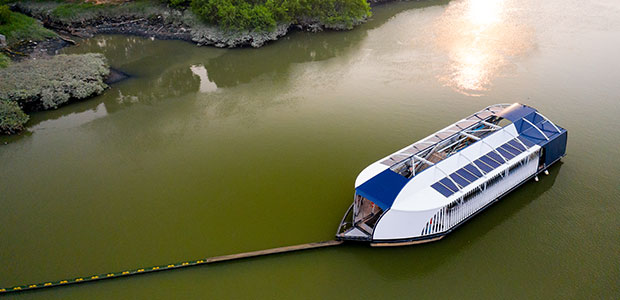
Dutch non-profit called The Ocean Cleanup just launched the Interceptor—a kind of autonomous, water vacuum to collect trash and plastic before it reaches the ocean. This massive cleanup effort is part of its overall goal of lessening plastic waste worldwide.
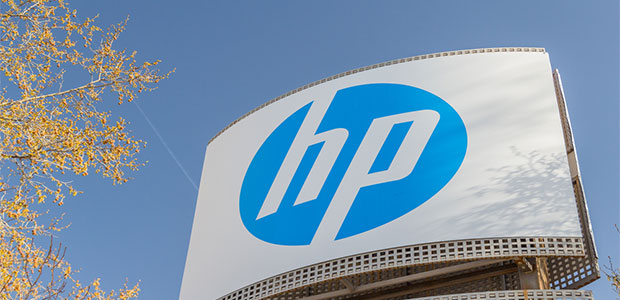
HP Inc. is making huge strides in the manufacturing and recycling sectors for its products. Environmental Protection was lucky enough to witness how the company meets its impressive sustainability goals at the Summit last week with site tours and a speaker agenda.

Today, HP Inc. hosted a sustainable impact summit in Nashville, and it had some exciting environmental news to share. Not only is it focusing more on recycled materials, but it announced its first carbon neutral printing system.

The EPA and the state partner with the agriculture industry to restore watersheds in the Lower Arkansas and Lower Gunnison River basins.
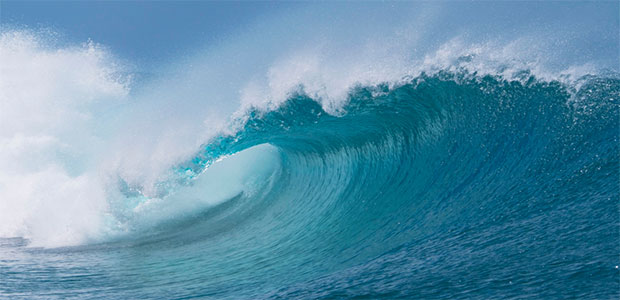
One Portland company has been developing a device for renewable wave energy for years. Last week, it successfully completed construction on the first-of-its-kind device.
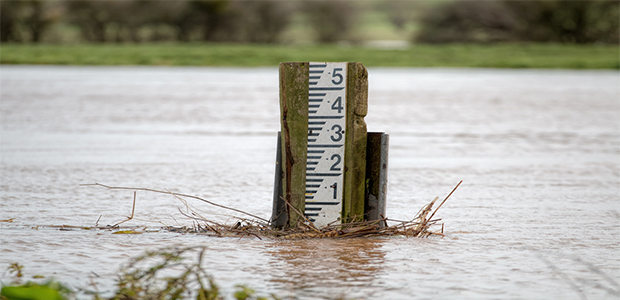
With ocean levels rising, many other bodies of water are affecting cities, too. The Great Lakes are overflowing with record-breaking levels, and 2020 is projected to see no relief.
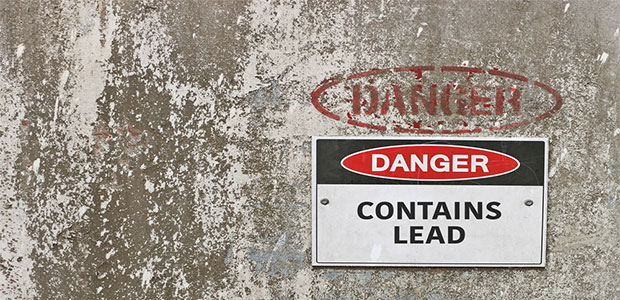
The Environmental Protection Agency has announced a new proposal to better address the issue of lead-contaminated water sources in U.S. cities. While it’s the first major update in nearly 30 years, some think it is not a significant change at all.
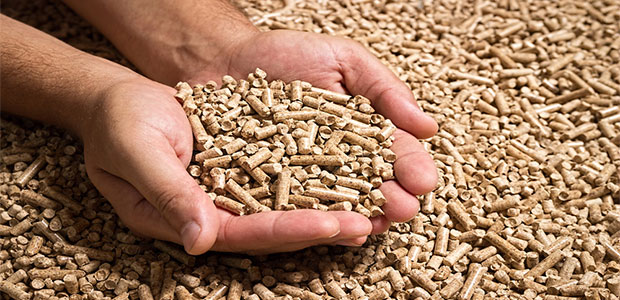
The state of North Carolina is making state-wide changes to improve its energy sourcing and environmental impact. The state first rejected the idea that burning wood pellets for fuel qualifies as low-carbon, renewable energy. But it has taken some conflicting actions since.
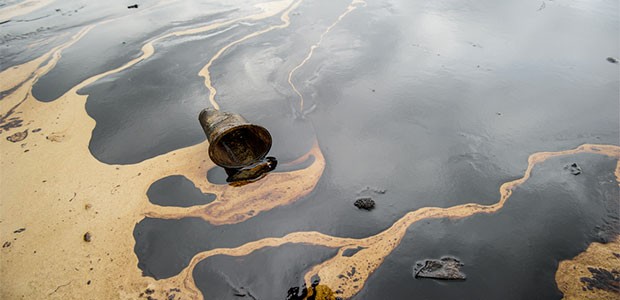
A recent oil spill in Brazil is covering beaches, affecting wildlife, and causing a national concern—but it’s not Brazil’s. President Jair Bolsonaro told reporters that the oil spanning 100 beaches in Brazil is not of Brazilian origin, but that claim is being investigated.

Yesterday, the world’s largest gathering of environmental journalists convened in the state of Colorado. The five-day conference will focus on a number of environmental issues.
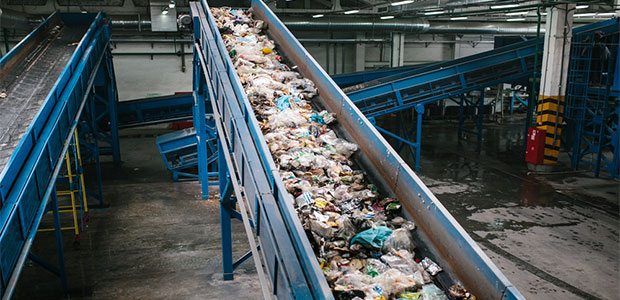
As of September 27, OSHA signed an alliance with the National Waste & Recycling Association (NWRA) and Solid Waste Association of North America (SWANA). The goal? To better protect workers in the waste industry.

Trump’s EPA recently accused San Francisco of violating the Clean Water Act. Not only do local officials deny the claims, but they said it’s a fraudulent attack from Trump on the Democratic California state.
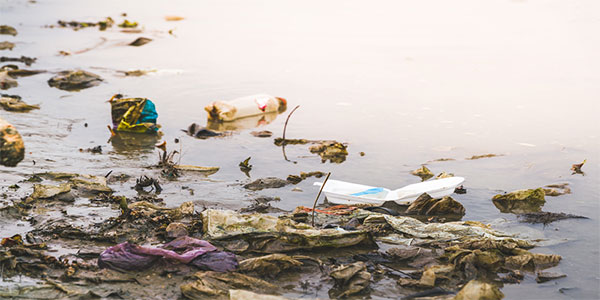
Applications for funding for waterway trash reduction projects for the Gulf of Mexico are due no later than November 22, 2019.